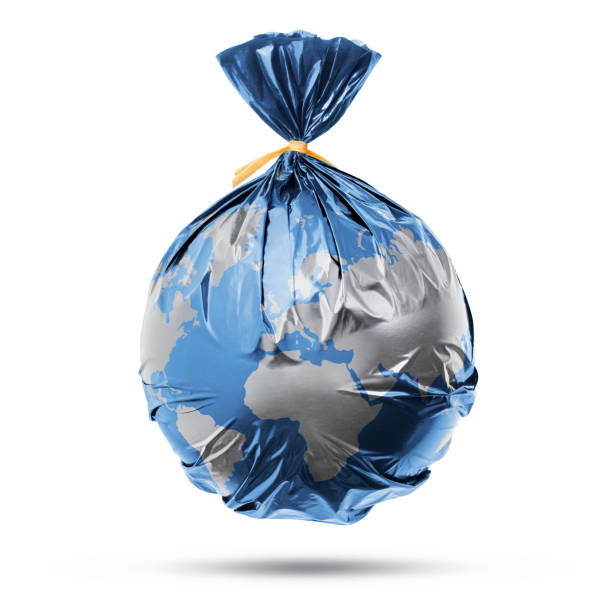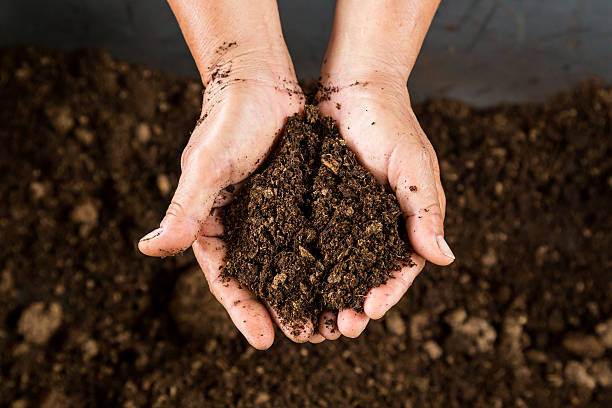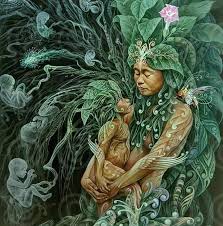‘Anthropocene Epoch,’ a name suggested by scientists for our period in earth’s long-standing history, the era of humans. Existing from approximately 300,000 years ago, this population consisting of 7.9 billion individuals is slowly impacting planet earth into something atrocious. You can name it all: mountain ranges, waterways, greeneries, neighborhoods, all excessively misused to the point of impairment, whereas we, the culprits, come out smelling like roses. If we cannot save ourselves, no one will.
How Bad Do You Think Plastic Is?
It is plain as day that plastic has an appalling effect on our environment. We all have heard about it every single day and it has been reiterated over and over again by policymakers, scientists, environmentalists, etc. Every day, society produces at least 3.5 million tons of plastic and other debris, making 10 times more the amount a century ago. Out of those 3.5 million tons of garbage, only 9% is appropriately recycled. If we sum it all up, there are about 8.3 billion tons of plastic existing in the world, more than the human population itself. The use of plastic bags in our daily lives is undeniable, yet little did we know that a whopping 2 million plastic bags are used every minute worldwide. This issue is concerning, as the plastic grows, the earth dies.
Plastic cannot decompose. This means that all of the plastic that has ever existed is still present here, just in different forms. PET (polyethylene terephthalate) is made of certain chemicals that bacteria cannot ingest. That is not to say that plastics are impossible to break down, they do, but it just takes another 450 years to.
Plastics exist in places we can’t see. For example, when we do activities that require us to open our mouths, like breathing, eating, and drinking, microplastics might just be there sticking in our food or dilly-dallying around in the air we’re about to breathe in. Microplastics are plastic particles that size up to 5 millimeters. When plastics and microplastics cultivate in our environments, they typically attract micro-organisms, and in this case, harmful ones such as pathogens. Once they enter our bodies, it’s too late.
The piling of trash has increased due to the massive use of masks, and all caused by the one and only, COVID-19. The governments
did indeed try to improve this; nonetheless, no major changes can be detected. The blame cannot be fully accused to the pandemic, however, since what made the mountains of wastes are not the use of the masks, but the way of disposing of it. Masks are one-time-use items, easy to dispose of, but hard to degrade. Commonly, people would think the masks are made of fabric and fabric is easy to degrade. They are not wrong at all. But the issue lies in the filters, which are made of a thermoplastic known as polypropylene. It takes 500 years to break down.
Scientists have predicted that to preserve a livable climate, greenhouse-gas emissions must be reduced to net-zero by 2050. Our oceans provide the perfect spot for greenhouse gases to sink in and accumulate. As our climate gradually changes, the earth will heat up, bringing about plastic breaking down into more methane and ethylene. As of that, increasing the rate of climate change, and so redoing the endless cycle.
Ending Plastic Pollution
Have you ever seen paid attention to what lies beneath a plastic bottle? There are certain codes called ‘recycling codes’ and as the name suggests, it is used to identify which material is which. Recycling codes are not only efficient for recycling, but they might even save your life! The most commonly used plastics -PET, PVC, and HDPE are amongst the easiest to recycle. The rest are hard to recycle and must be avoided as much as possible. These materials usually cause a stuck and pause to the machines, giving a rise to a malfunctioning of the machine. Not only are they risky for the health, but the towering expense needed for production also is not equivalent to the result.
We, Gen Z, the generation succeeding the millennials and the young seedlings of society, must take action to minimize plastic pollution by:
- Lessening the use of single-use plastics
- Purchase bulk food rather than packaged food
- Bringing your own shopping bags
- Say no to plastic, use recyclable materials instead
- Snack on fruit, not sweets
- Recycle chewing gum… Yes! They are made of plastic
If only, each of every one of us could dispose of trash in its proper place, then perhaps earth will not have to change its name to ‘Planet Plastic.’





